In a moment of reckless driving, Prince Charles ran over one of the queen’s dogs. He was convinced that this would end any hopes of his ever becoming the king. Just then he remembered that on a visit to Saudi Arabia he was gifted with a bottle that had genie. He was told that the genie once released from the bottle would only fulfil one wish. Charles got out that bottle and asked the genie to make the dog alive again. The genie said, “I am sorry we don’t look into matters of life and death.” Charles then asked if he could make Camilla beautiful, the Genie had one look at Camilla and said let’s look at the dog again. In Hindi, we have a very appropriate saying “Jab pyyar hua gadhi se to Pari kya Cheez hai“ (If you fall in love with a female donkey, then what’s a beautiful fairy).
King Charles III was crowned on May 6, 2023 at Westminster Abbey, in an event full of all the pageantry Britain could muster. Enrobed clergymen handed over the medieval symbols of power — the rod, the scepter and the orb. Brass bands and soldiers in bearskin hats trooped through the streets. And the new king and queen ended the day on the balcony of Buckingham Palace to wave to cheering crowds.
The purpose behind the pomp, the pageantry was to buttress the Crown’s foundations and show that the people of the United Kingdom still support their monarch. It was a celebration as well as a test of how the public sees the new sovereign.
“A lot of critics around the world especially from the Commonwealth countries, the Asian, the African, and the Caribbean, where Britain’s track record of human rights is at its worst. In India Churchill was responsible for the Bengal famine and let’s not forget the Jalianwala Baug massacre,” a Professor of Black Studies in the UK commented, adding: “If this isn’t the biggest celebration of white supremacy, I can’t think of what is, especially when you think about the lengths, the pageantry, the jewels and all this stuff, right?”
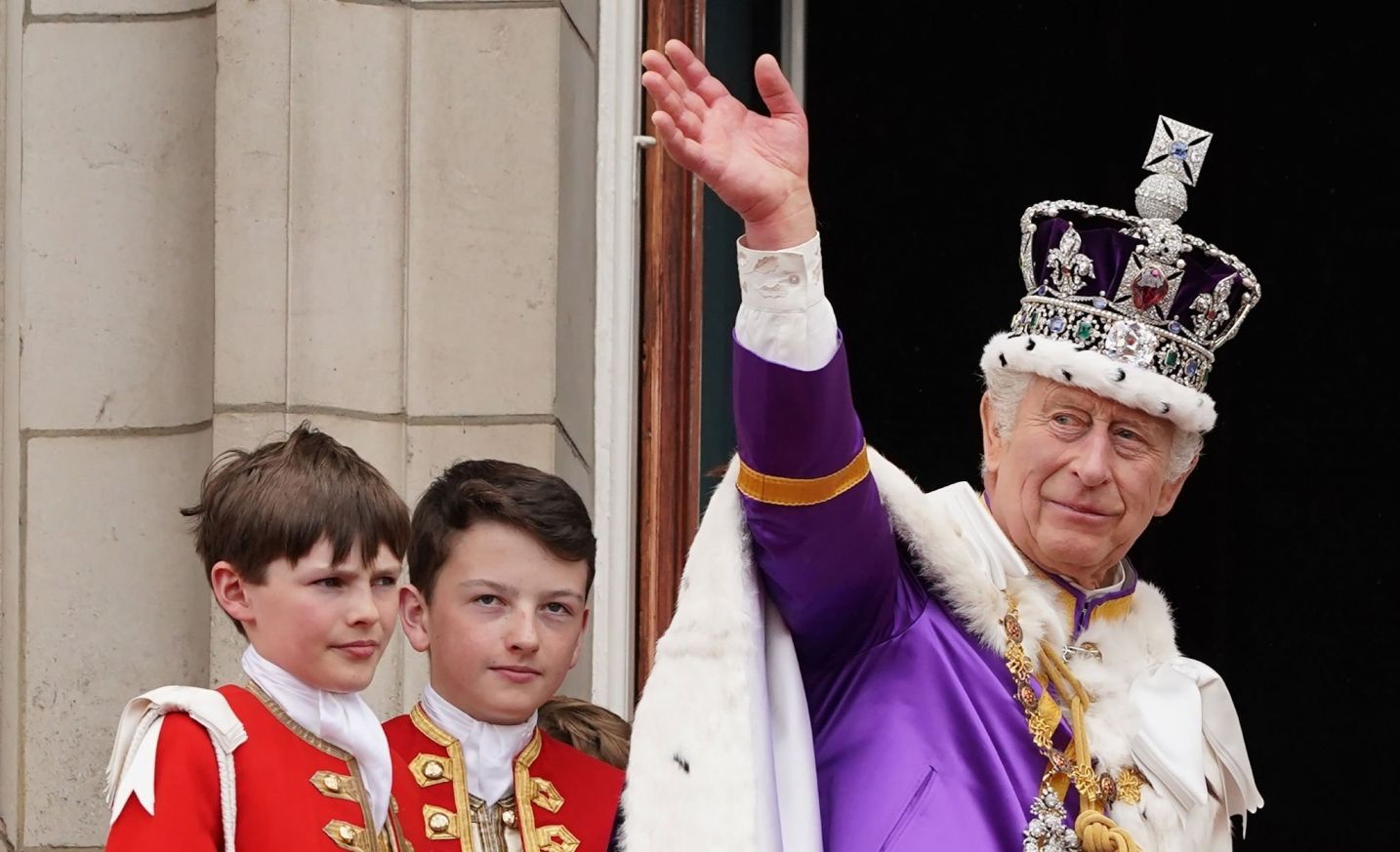
Charles’s crowning was the world’s biggest religious pantomime, dramatising the relationship between the divine and the royal family and by extension with Britain itself. What is surprising is the amount of people who showed up on the streets to wave the British flag on the royal procession despite the rain. But then, most of Britain grew up believing in the stories of kings, queens, and Cinderella’s evil stepmother and prince charming, Barbara Cartland’s love stories of dukes rescuing maidens in distress. Not to forget the queen and Alice in Wonderland.
Put a tiara on a person’s head and you will have crowds who will gravitate towards crowns because we aspire to be like them. We would like to be kings and queens ourselves even if it’s only in our little universes.
However, few could have imagined over the years of careful campaigning that will finally lead to Queen Camilla being anointed and crowned next to the king on Saturday, that one fly-in-the-ointment would be the king’s own son. Camilla is an adulterous woman, a marriage-breaker who broke a fairytale marriage to be queen. It would be unwise to ignore this fact. One wrong step and the media would tear her apart — the question is would this be end of the monarchy. Everyone hates the wicked stepmother. I wonder what kind of effect this would have had on William and Harry that both their parents were running around to find sex.
The coronation ultimately boils down to the spectacle of a hereditary billionaire riding in a solid gold coach to an abbey, where a diamond-encrusted crown was plonked on his head in the middle of a cost-of-living crisis. The coronation cost Britain approximately £250 million (If there is no bread, let them eat cake).
Once upon a time, and not so very long ago, the case for the monarchy could be summed up in just two words: The Queen.
Throughout her 70-year reign, which ended with her death in September last year, Elizabeth II sucked the raison d’être out of the republican cause. Morphing from the nation’s sweetheart into its kindly grandmother, she was a reassuring presence in British life who opened parliament and popped up on our TVs every Christmas day to offer sage, Yoda-like observations.
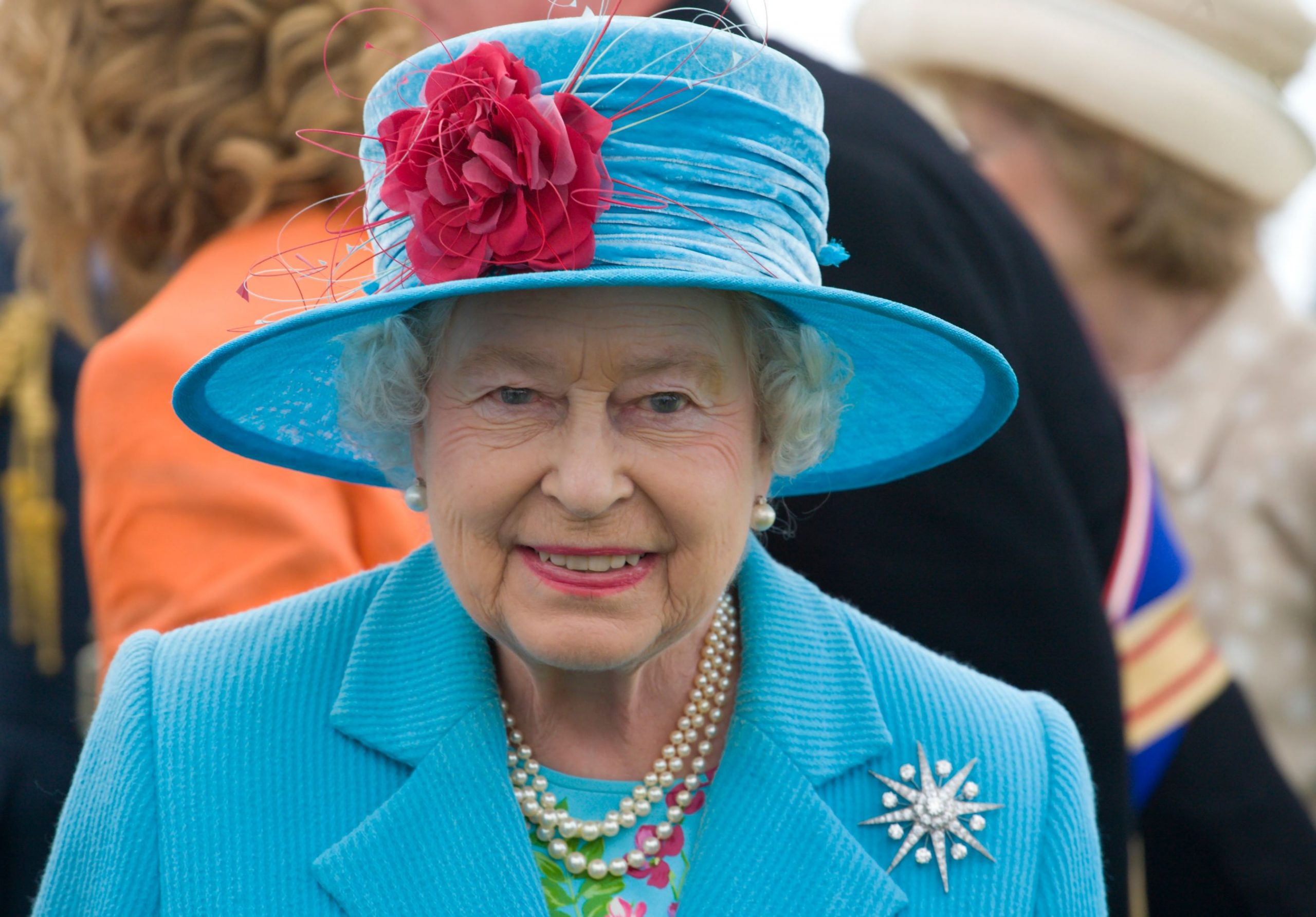
The queen worked hard at her image. Appreciating that her role lived and died on its mystery, she remained deliberately aloof; never giving interviews, never expressing opinions, never getting embroiled in scandals and rarely putting the wrong foot forward. That dedication resulted in the extraordinary outpouring of affection after her death, and the sense that an era had passed.
Now, a new chapter in the British storybook has opened, and on May 6, the late queen’s son was crowned King Charles III at Westminster Abbey. But even as the final preparations were being made, dark clouds both real and metaphorical were gathering, threatening to rain for even his most stalwart defenders would have to concede that the new king is no Elizabeth II.
The extraordinary, unchallenged transfer of power from mother to son, legitimised by a feudal tradition of primogeniture (absolute primogeniture since 2013), which gives one family the right to be the heads of state of the United Kingdom and 15 Commonwealth nations — in perpetuity — has passed almost entirely uncontested. In today’s day and age, it is extraordinary that the thing like this has passed without a vote.
While his mother grew up in an era of extreme deference for the monarchy, Charles was raised in the unforgiving glare of the mass media age
The awkward 1960s teenage prince morphed into the world’s least likely jug-eared playboy in the 1970s, before getting recast as the pantomime villain in the tragedy that was the Princess Diana show in the 1980s and 1990s. And throughout that doomed soap opera, as Charles conducted an affair with the married Camilla Parker-Bowles — while demonstrating epic callousness toward his first wife, he fell out of favour with the public.
At the time of Diana’s death, in Paris, August 1997, just 40 percent of the British population had a favourable attitude towards him.
But Charles hardly helped his own cause, and across his 53 years as Prince of Wales, dignity, sympathy and mystery were often in short supply. Dysfunctional relationships with his sons and extended family then, of course, there were his traditionally minded views on architecture, compost & climate change.
Queen Victoria spoke of the “disturbing oscillation” of the gold state coach, a phrase that speaks just as well to the events leading to the coronation. If the coronation was ludicrous, it was also magnificent, the pomp, the trumpets, the Pageantry, the Marches, if it reduced you to laughter, it may also have made you cry. Like millions of people, I too watched it on television. Charles and Camilla looked like a couple of elderly polar bears on tour, the ermine-cloaked majesties were the centre of a day that was huge and hideous, exquisite and sacred, all at once. For a movement on the balcony they were so close to each other that I thought they would kiss, unfortunately they couldn’t even tilt their head to watch the ariel parade. Uneasy lies the head etc etc. As the soft drizzle in London gave way to a downpour, the feeling came over many if not all, that some things are the more marvelous for being a bit silly and unfathomable.
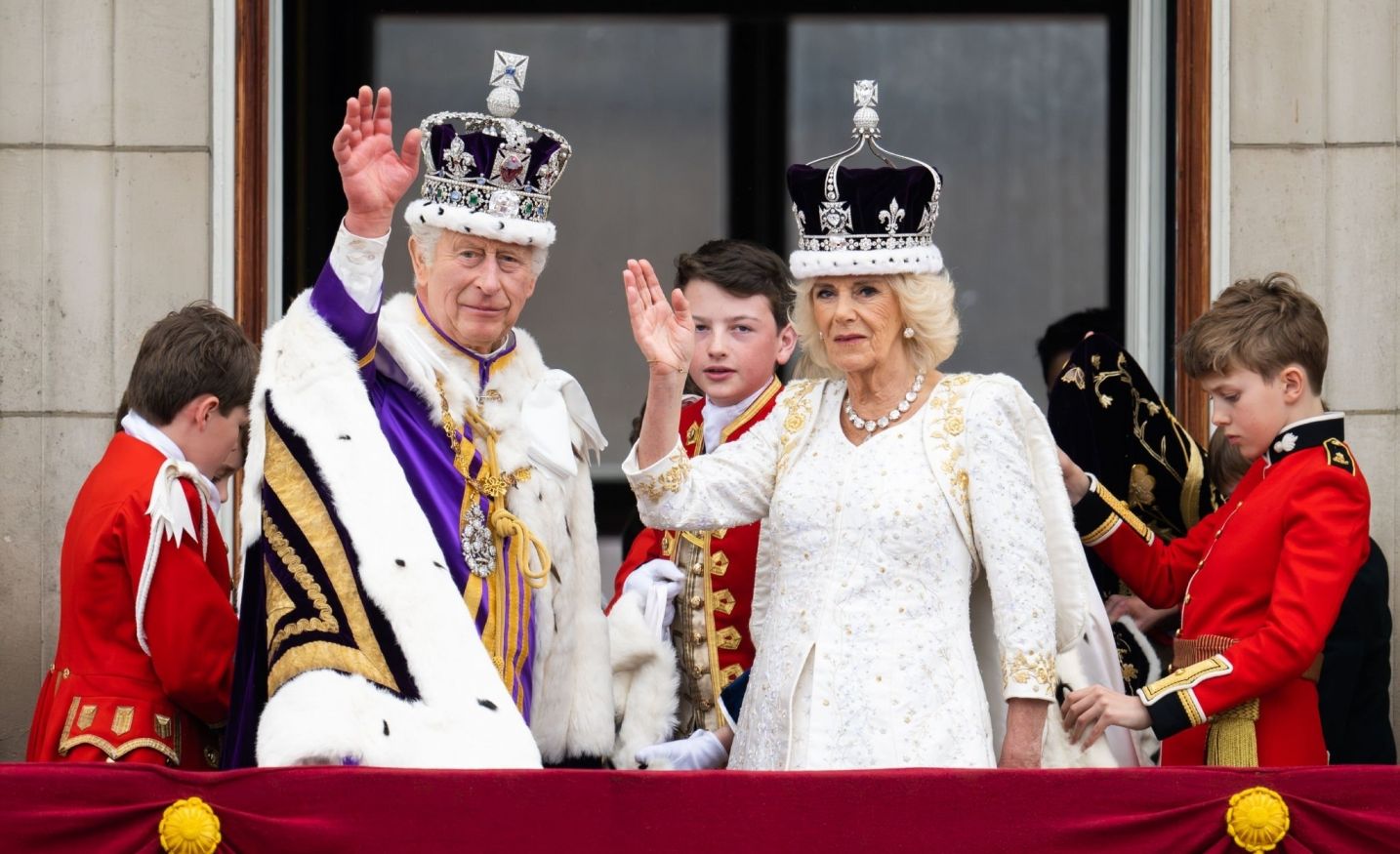
So, while reports of the monarchy’s demise might be exaggerated, any assessment would surely leave royal courtiers exchanging concerned looks. The class system, and the attendant culture of cap doffing, still runs deep in 21st-century Britain, while the prevailing influence of the House of Windsor and the old establishment it represents is such that almost nobody questions it.
In the meantime, a ‘Not My King.’ protest has started in Britain. According to a Washington Post report, one noticeable difference between the reigns of King Charles III and Queen Elizabeth II is the splash of yellow at almost all of Charles’s public engagements. A gaggle of protesters, sometimes shouting and booing, hold aloft bright yellow signs that read “Not My King.” They are hard to miss.
The justification for monarchy is that it “brings in tourists”, provides stability and makes Britain the envy of the world. But other equally advanced countries seem to have managed to get by, and thrive, without a king or queen. At 74, most men in England would be planting tomatoes or cabbages and enjoying their pints. At 74, Charles is a caretaker King.
But one look at the current figures, and a sense of the general mood, suggests that the momentum and the demographics seem very much set against the reign of Charles III. The same is not true, however, of his son William and his wife Kate, who remain popular with both pollsters and tabloids, and perhaps the time will come when Charles steps aside to secure the future of the throne for another generation.
In India, we have our own Raja-Rani stories and yet without standing for election, no king can enter parliament and that’s how far we have progressed. Britain at last accepts that the Kohinoor was forcibly taken from Maharaja Duleep Singh. The empire has finally struck back with Rishi Sunak, a Hindu prime minister. India must demand an apology for the Jalianwala Baug massacre.


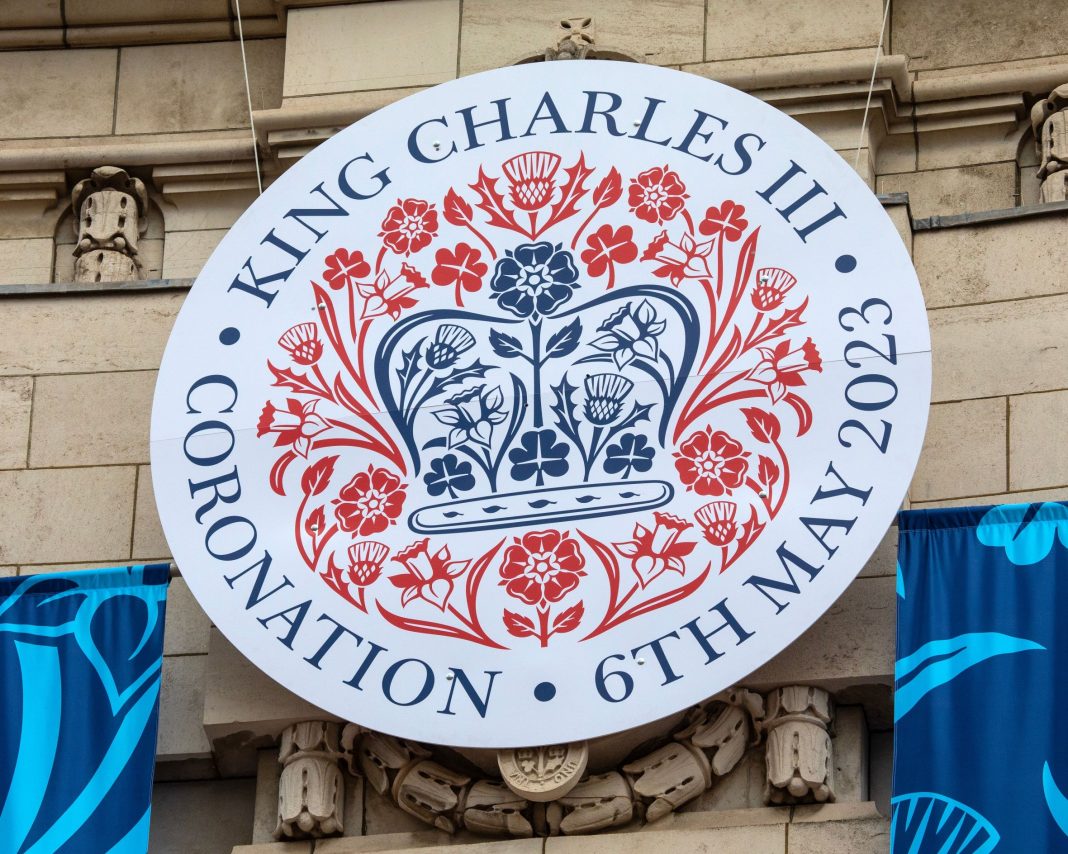
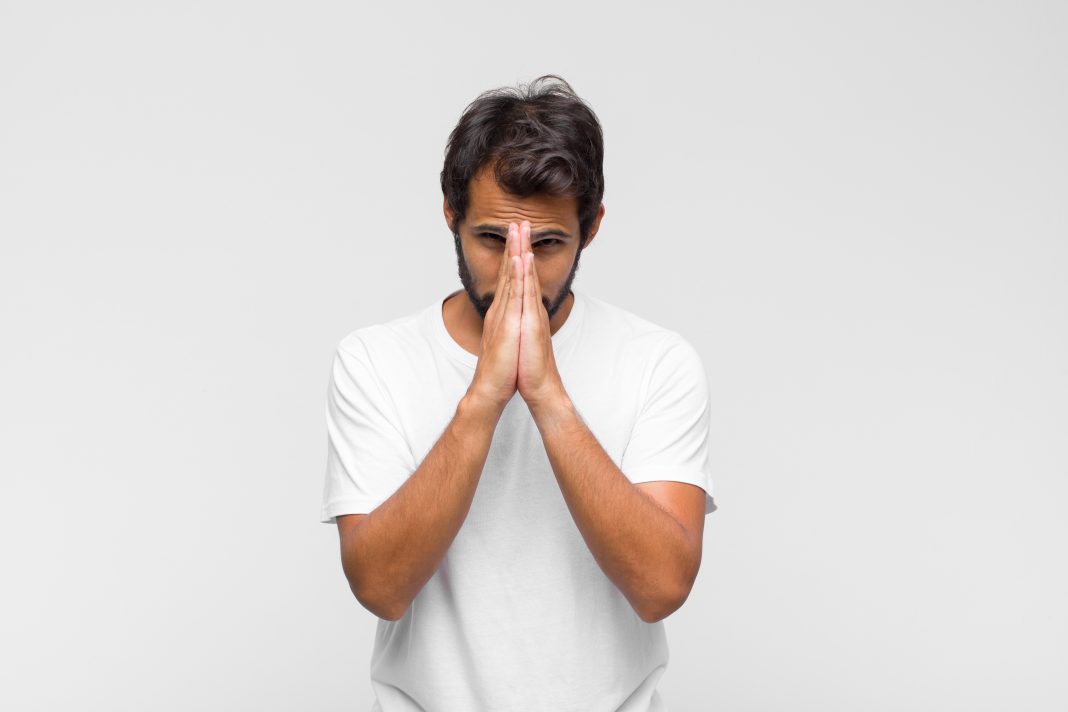
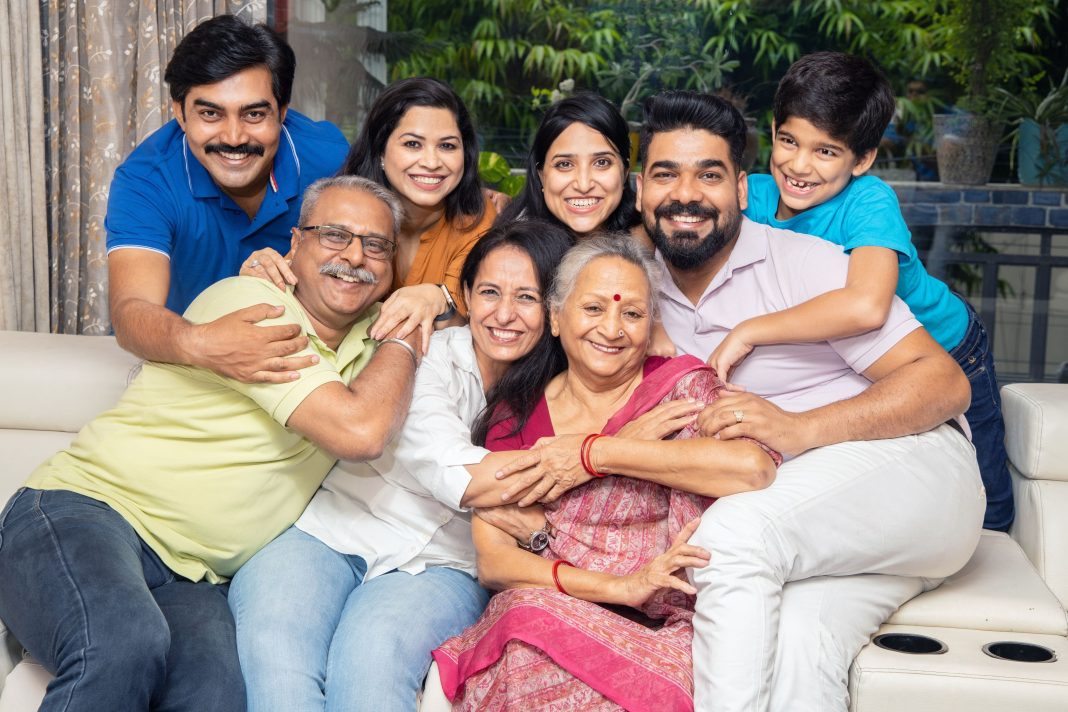
Comments are closed.